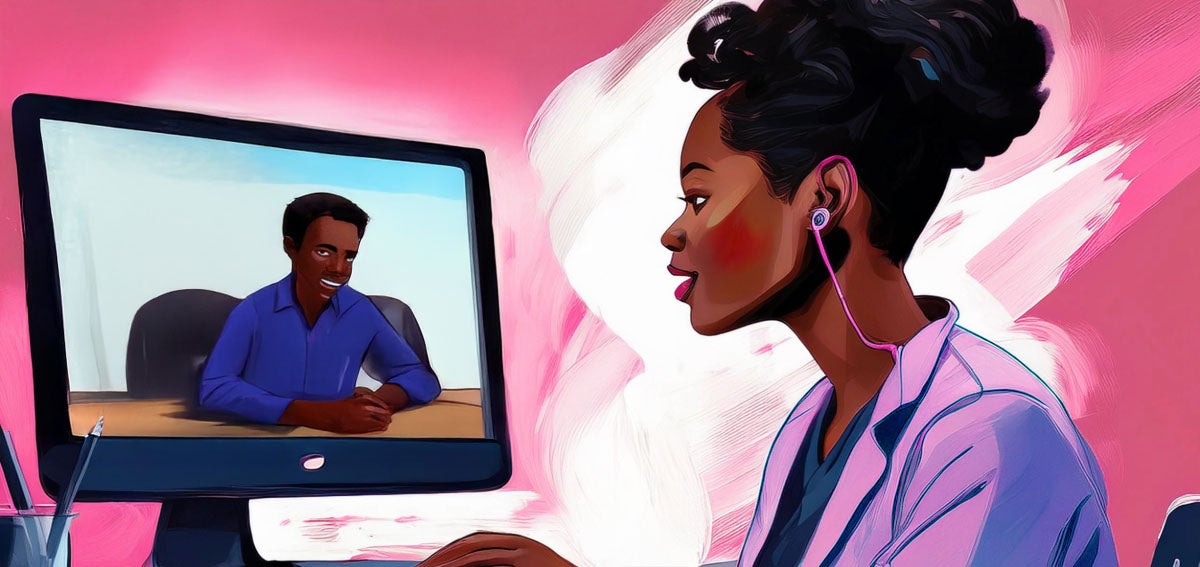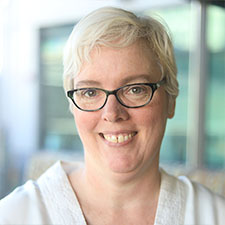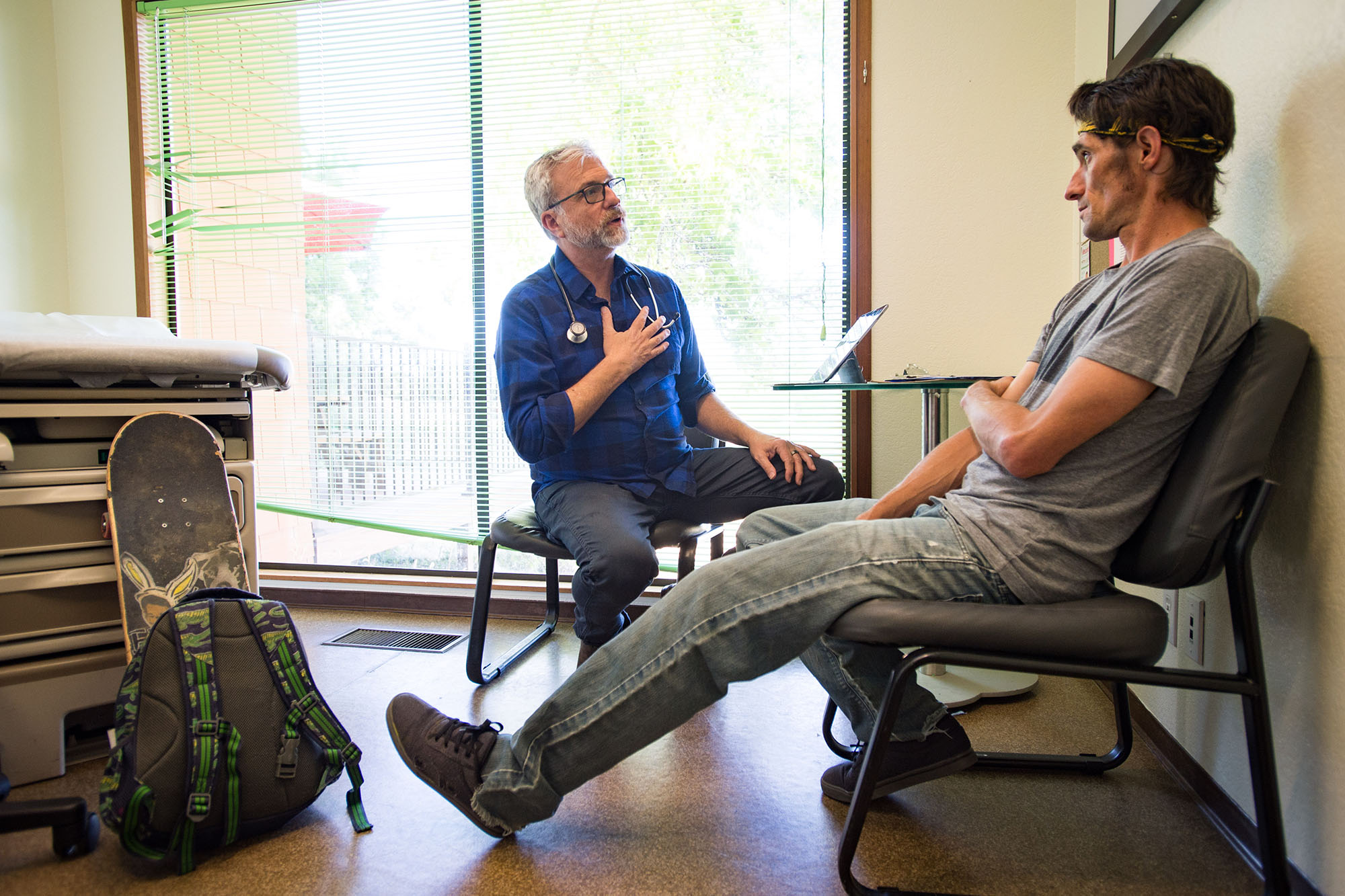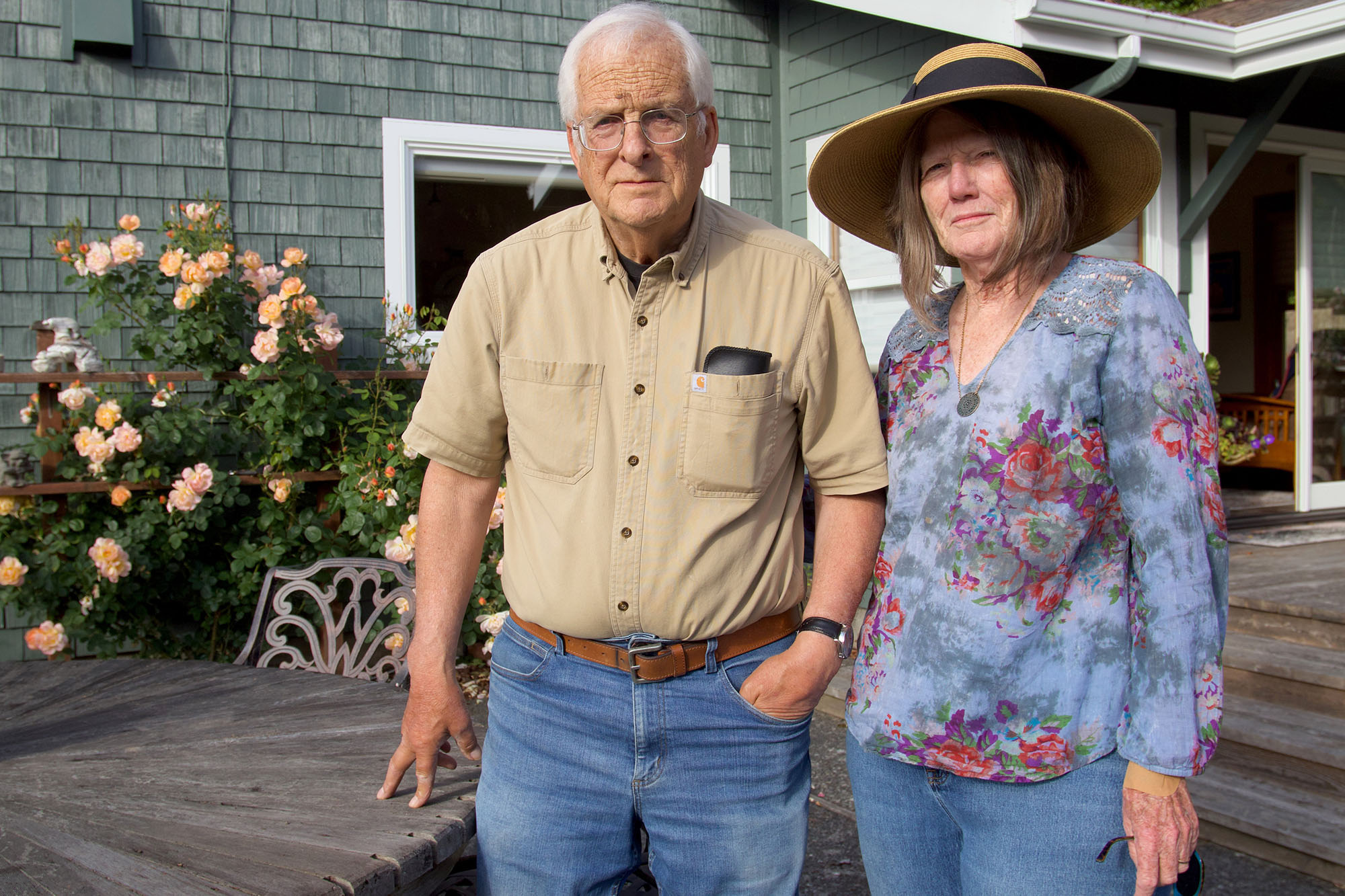|
Getting your Trinity Audio player ready…
|

Freshly out of school, Rachel McCrickard was eager to start her career as a licensed marriage and family therapist. She didn’t foresee how difficult it would be to meet licensing requirements in her rural area. The traditional path to licensure involves hours of in-person clinical supervision. With a dearth of nearby therapists, McCrickard drove two hours each way to meet with her clinical supervisor every week for two years.
This experience turned McCrickard into an entrepreneur who created a virtual licensure program for therapists. Her company, Motivo Health, has already helped 5,000 newly minted therapists around the country become licensed practitioners.
Last year, Motivo partnered with the California Mental Health Services Authority (CalMHSA) to help counties address shortages in clinical supervision. The partnership enables mental health providers to access virtual clinical supervision through Motivo’s HIPAA-compliant platform.
The California Health Care Foundation seeks to work as a strategic investor on health care innovations with new social entrepreneurs and co-investors. The foundation invested $1.3 million in Motivo Health in the form of $978,000 of direct investment in the company an additional $273,000 to fund a CalMHSA evaluation of Motivo Health’s performance.
Learn more about this work on our podcast, Making Waves in Health Tech. Cohosted by Janet Boachie and me, the podcast features innovator-partners of CHCF who have made health care more accessible, especially for the Californians who face the greatest obstacles to getting the care they need. Here is an excerpt from our interview with McCrickard:
Hilda Martinez: Talk to me about why there is such a bottleneck when it comes to getting clinical supervision?
Rachel McCrickard: The bottleneck is pretty standard across the country. California requires about 3,000 hours of face-to-face client time and about 200 hours of supervision for licensure. You have to have one hour of supervision for every 10 patients, and those hours have to be spread out over two years. It really impacts the ability of clinicians to make it through the very last mile to licensure.
You’ve gone to grad school, gotten a master’s degree, graduated, and now you’re on your own to find a clinical supervisor. If you can’t do that, or if you can’t afford it, then you leave the profession.
Fifty-seven percent of therapists who get a master’s degree in counseling never make it through the licensure process. We’re losing over half of the available supply of therapists before they even get started!
Janet Boachie: What challenges have you faced, and what lessons have you learned that you can share with other entrepreneurs?
McCrickard: One challenge is just being a first-time founder. Investors often like to invest in founders who have built companies before. The reason for that is because the learning curve is so incredibly steep. Everything that I’m doing, I’m mostly doing for the first time: hiring a finance lead, figuring out our go-to-market strategy, fundraising. All those things are things I didn’t learn in grad school.
Being a founder is something that I’ve had to learn by doing it — and often by doing it wrong, adjusting, and trying again.
On the fundraising front, it’s been hard to convince investors that this is a big enough market opportunity. Venture capitalists are usually looking for a billion-dollar company.
Motivo is solving a really important problem in a very specific field. And while it does have great potential returns — social and financial — they look deceptively small compared to those of other startups.
But think about the cost of doing nothing. There are 50,000 new therapists coming into the field each year, and half of them aren’t making it through. That’s simply not an option.
Martinez: A third of Motivo’s supervisors identify as a person of color. How is Motivo succeeding at helping organizations meet their diversity goals with Black and Latino/x supervisors?
McCrickard: This is really important. Best practices involve learning from someone who meets the kind of clientele that you’re looking to serve. If you’re serving the Hispanic population and you want to know more about culturally specific practices or receive supervision in your first language, you can do that through Motivo.
Eighty-three percent of the people we serve live in mental health professional shortage areas. Since our creation, we’ve provided over 147, 000 hours of clinical supervision, and we’ve helped 5,086 new clinicians receive licensure, which is really exciting. And then, 37% of our supervisors are BIPOC, and 29% are LGBTQ, which means that we are really focused on bringing a workforce into the field that accurately represents the world we live in.
You can find the right supervisor who understands your demographic background as a therapist or the demographic background of the patients that you’re seeking to serve. We’ve seen a much higher satisfaction rate in terms of supervision because of that.
Listen to the full conversation here, and catch future episodes by following Making Waves in Health Tech on Spotify, Apple, Amazon, or wherever you get podcasts.
Authors & Contributors







